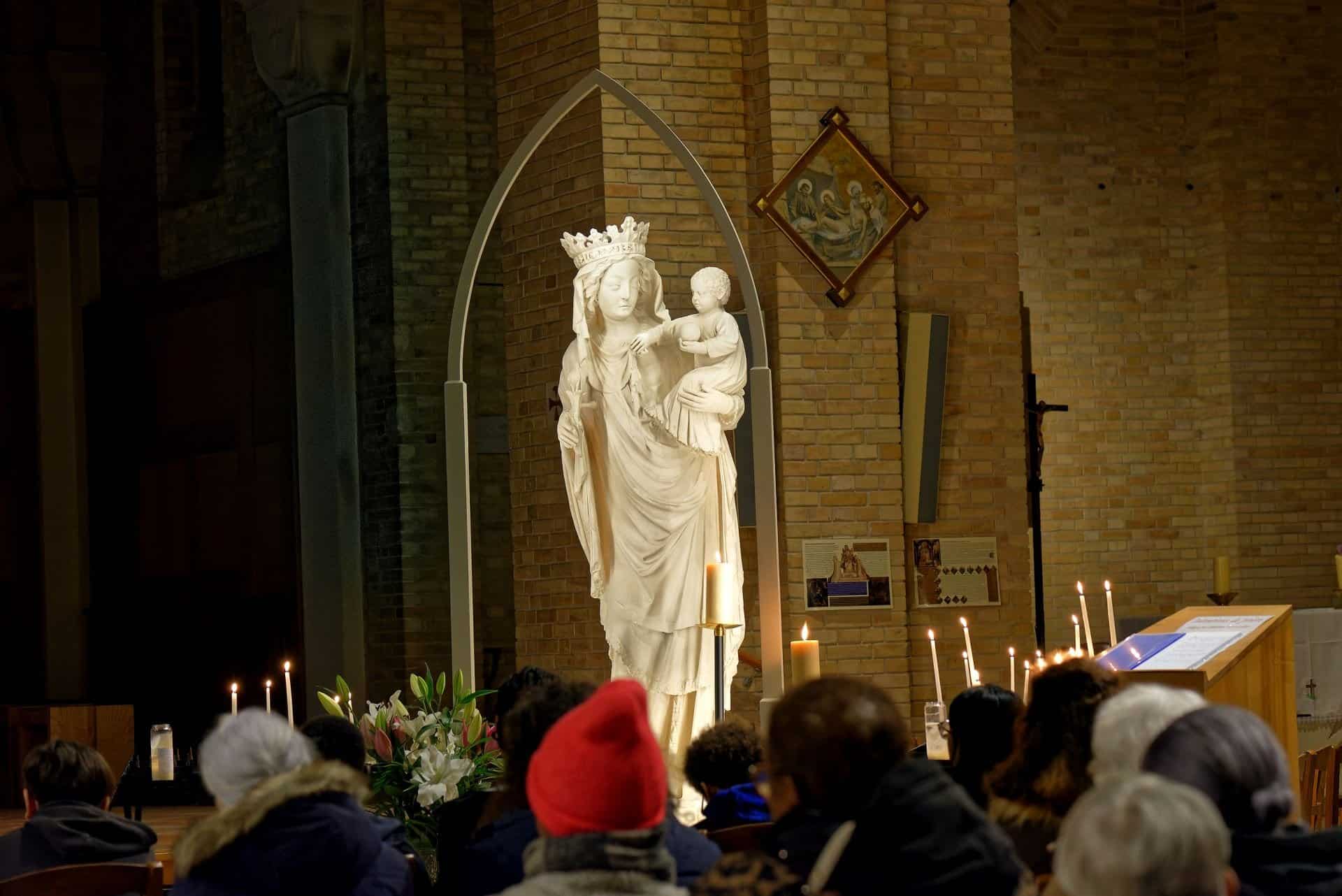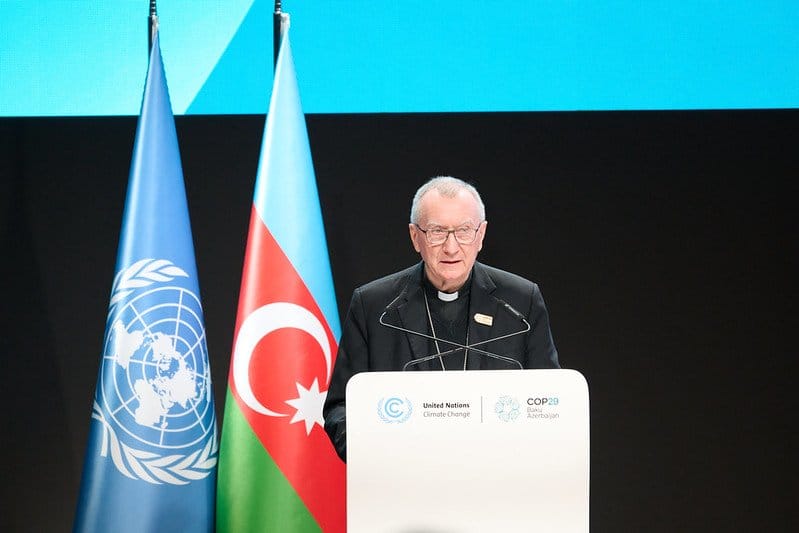I think forgiveness is the only event in which we simultaneously experience three great graces: God’s unmerited goodness, the deeper goodness of the one we have forgiven, and the experience of our own gratuitous goodness. That’s the payoff. This makes the mystery of forgiveness an incomparable tool of salvation. (p. 36)
• What is it like for you to read that “forgiveness [is] an incomparable tool of salvation”? How does it influence your understanding of both forgiveness and salvation?
• What feelings arise in you when you read that both you and the one you must forgive are good in God’s eyes? Is it harder to believe that you or the other person is good, and why?
—from the book Things Hidden Companion Guide
by Richard Rohr









5 thoughts on “God’s Unmerited Goodness”
Depending upon the nature & degree of gravity of the offense being forgiven: I don’t think that forgiving necessarily requires a belief in the goodness of the person being forgiven. In the most extreme case (which, thank the LORD I have never experienced) of a person forgiving the murderer of a loved one, I sincerely doubt that the person forgiving the murder believes that the murderer was a good person.
One definition of forgiveness is that it is “giving up my right to hurt you for hurting me”. If we are being honest, when we forgive we are not denying that what the person did to us or someone we love was wrong & hurtful. I think that when we forgive we are saying that although what was done was wrong or even bad, we will not seek revenge or hold that action against him/her but let go of the right to judge & leave it in the hands of “the One Who judges justly”.
On the Cross when Our LORD JESUS forgave those who crucified Him–those directly responsible for the heinous action & also every human being, because He was dying for the sins of every person in the world, past, present & future, I don’t think He was implying that they or we were good but that they & we did not fully understand the gravity of what they had done or that all us sinners have done & that their sin & our sin should not be held against them & us & that they and us should be released from experiencing judgment & anger & should still be loved unconditionally.
GOD’S love & mercy are demonstrated toward us not because we are good but in spite of our being less than good, & so our forgiveness, love & mercy toward others are a reflection of the love, mercy & forgiveness of GOD. As St Paul wrote in Romans 5, “God demonstrates His love for us in that while we were still sinners, CHRIST died for us.”
If someone has done some serious damage to you and they are not repentant about it, then you may still forgive them, but you also don’t have to forgive them either.
If someone is repentant for their crime against you, and you don’t forgive them, then I have to wonder what your problem is exactly.
Failure to forgive binds the one who has been hurt; forgiveness works to free the one who has been hurt.
Serious hurt can prevent a person from being ready to forgive.
Thoughtful comment. Something to consider.
Thanks
For example if I forgive myself, I do not become good, but I do put myself at the mercy of others to a little extent. And this is the beginning of poverty of spirit. If Jesus had only said ‘blessed are the poor in spirit for theirs is the kingdom of heaven’, and had done so anonomously, people would worship the saying. It would be behind glass under security and people would travel the world to see it.